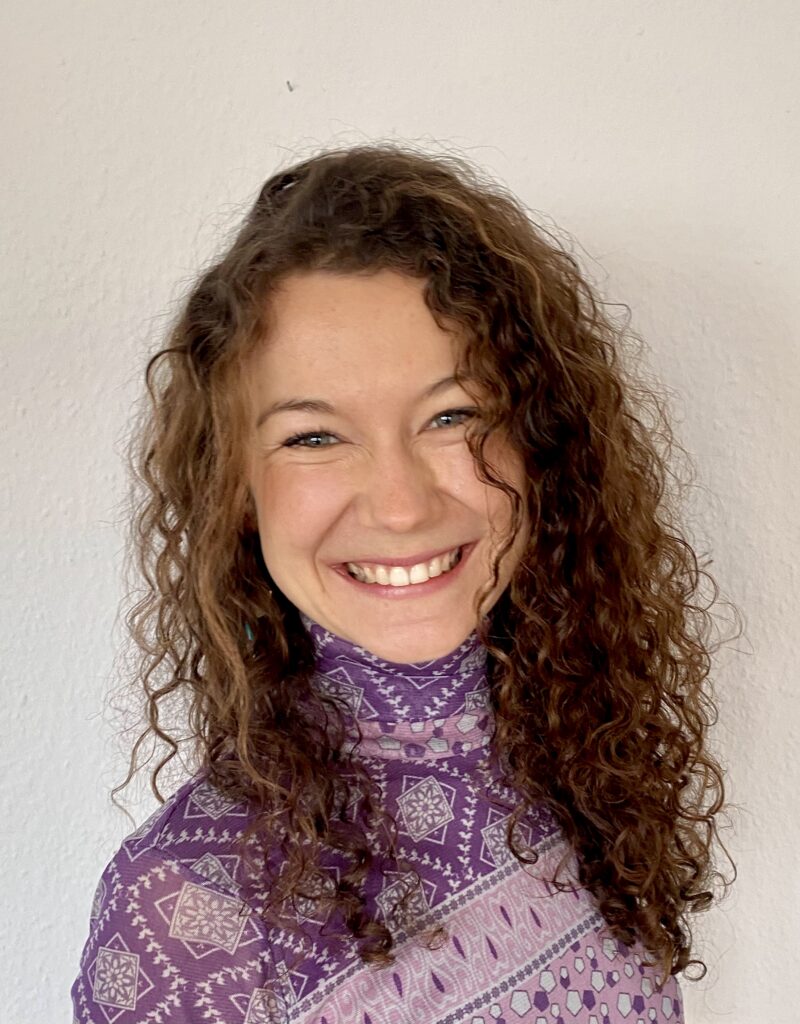In recent weeks, the European Union has not been in a good light regarding its refugee policy. The Common European Asylum System (CEAS) appears to be doomed to failure – if one looks at the moving pictures of the horrific situation in the camps in Bosnia, where people have to face not only the icy cold of the winter months – but also that of „Fortress Europe“. Added to this are the undignified conditions in the post-fire camps on Lesbos. And as if all this were not enough, the EU’s anti-fraud agency OLAF is now investigating the border protection agency Frontex for illegal pushbacks in which the agency is alleged to have been involved.
But 2020 is also the year in which, in September, the European Commission presented a new proposal for a reformed migration and asylum policy. Under the German Council Presidency, the rapprochement and reconciliation of the confrontational groups – on the one hand the Mediterranean countries such as Greece and Italy, on the other hand the Visegrad countries and Austria – should be advanced.
But before diving in, what does Switzerland have to do with it?
Actually, quite a bit. Since 2008, Switzerland has been associated with the Dublin Agreement, which stipulates that the state to which a third-country national first enters is responsible for conducting the asylum procedure. Now, the new Commission’s proposal provides for such a far-reaching reform of the agreement, respectively its abolition, that a parliamentary debate in Switzerland including the possibility of a referendum could ignite.
Let us have a look at the central components that make up the proposal. The pact is to be built on three pillars: first, the procedure at Europe’s external borders; second, mechanisms for sharing responsibilities among member states through the introduction of a solidarity mechanism; and third, close collaboration with third-country partners. The solidarity mechanism is intended to be a burden-sharing instrument between states: on a flexible basis, states can contribute to ‘migration management’ in different ways, either through the admission of migrants or so-called return partnerships, that is, operational and financial support for return procedures of third-country nationals.
When reading the extensive and complex legal documents, words such as ‘efficiency’, ‘asylum and migration management’ or ‘return directive’ stand out – terms that illustrate the purpose and the goals pursued: in addition to curbing irregular entries into European territory, it is mainly a matter of increasing the rapidity and effectiveness of asylum and return policies, promoting legal immigration of qualified workers and fair burden-sharing among all states. The increase in efficiency is to be achieved mainly by integrating the various procedures: an initial identity, security and health check at the external borders within a so-called ‘screening’- procedure and the subsequent asylum or return procedure.
A joint statement of the European Council on Refugees and Exiles (ECRE) and 80 civil society organizations summarizes the points of criticism of the pact.
Firstly, its enormous complexity: although the Dublin system has been given a different name, it has been further complicated – including the even more complex ‘solidarity mechanism’. Also, what does solidarity mean in this context? What at first appears to be an obligatory division of tasks by speaking of „compulsory solidarity“ quickly turns out to be a flexible compliance maxim – meaning, then, that states that are not willing to accept migrants are now behaving in „solidarity“ when they engage in return partnerships?
Second, the expansion of border procedures further increases the pressure on EU border states. Mandatory asylum and return border procedures, when the asylum seeker’s chance of recognition is 20 percent or less, rely on two false assumptions: first, that most people are not in need of protection, and second, that asylum claims are quickly adjudicated. The individual right to asylum is further undermined, since not the person with his individual history, but his country of origin alone is considered. In addition to concerns about increased and prolonged detentions, unfair processing of applications, and the heightened risk of unlawful rejections, it is also the 10-day screening procedure that is being doubted: where and under what standards will people be housed? Is it ensured that families may stay together during this time? And will access to information and to legal assistance be ensured?
The questions left open are numerous. Above all, instead of correcting previous mistakes and criticisms, the anti-integration camp seems to have won: deportations and deterrents instead of reception and true solidarity. On the one hand, solidarity should not need ‘compulsory’ as an accompanying attribute, and on the other hand – and this is the central point – solidarity should not stop at the EU borders. Solidarity should apply to every country in the world. As pathetic as this may sound, today’s and future problems such as climate change, wars, diseases do not stop at borders and require global solidarity that arises voluntarily out of respect for the human dignity of the individual.
The intended adoption of the pact under the German presidency didn’t live up to the expectations. It is now up to Portugal to reconcile the conflicting voices from both parliament and civil society – and hopefully, to adjust the pact towards real, cross-border solidarity.
Picture Credits: https://cdn.pixabay.com/photo/2019/03/15/00/11/brussels-4056171_1280.jpg




